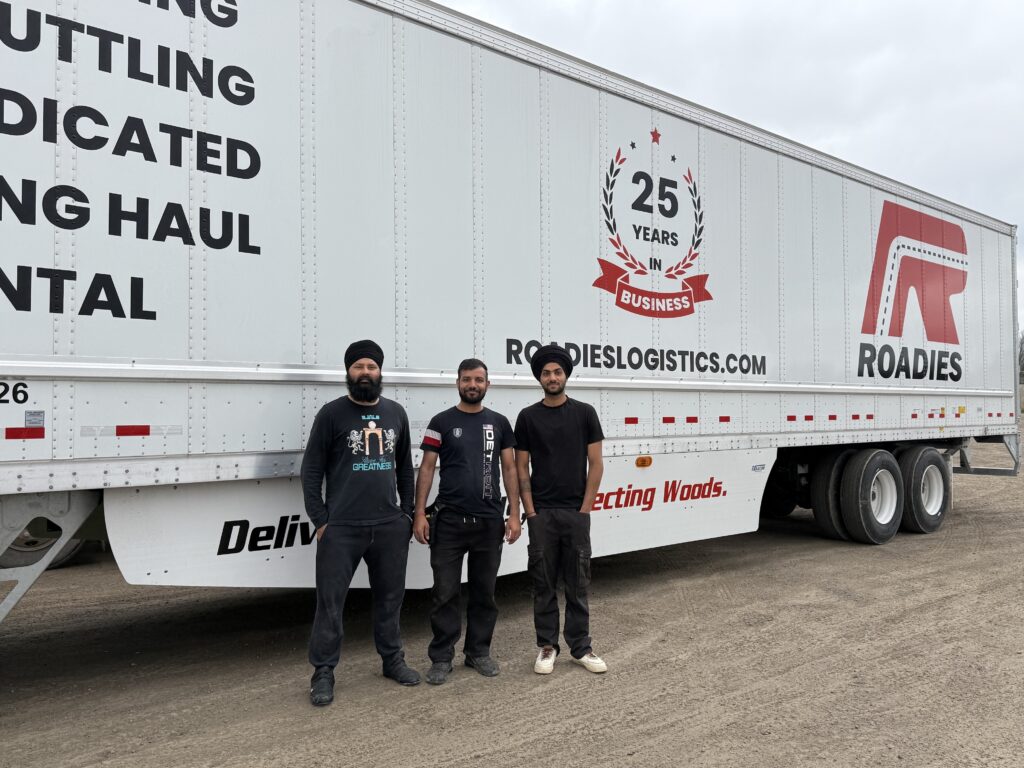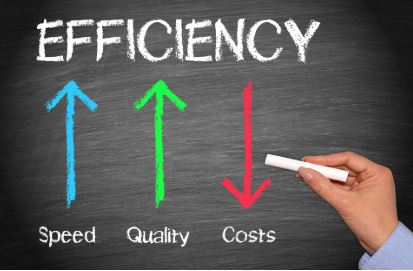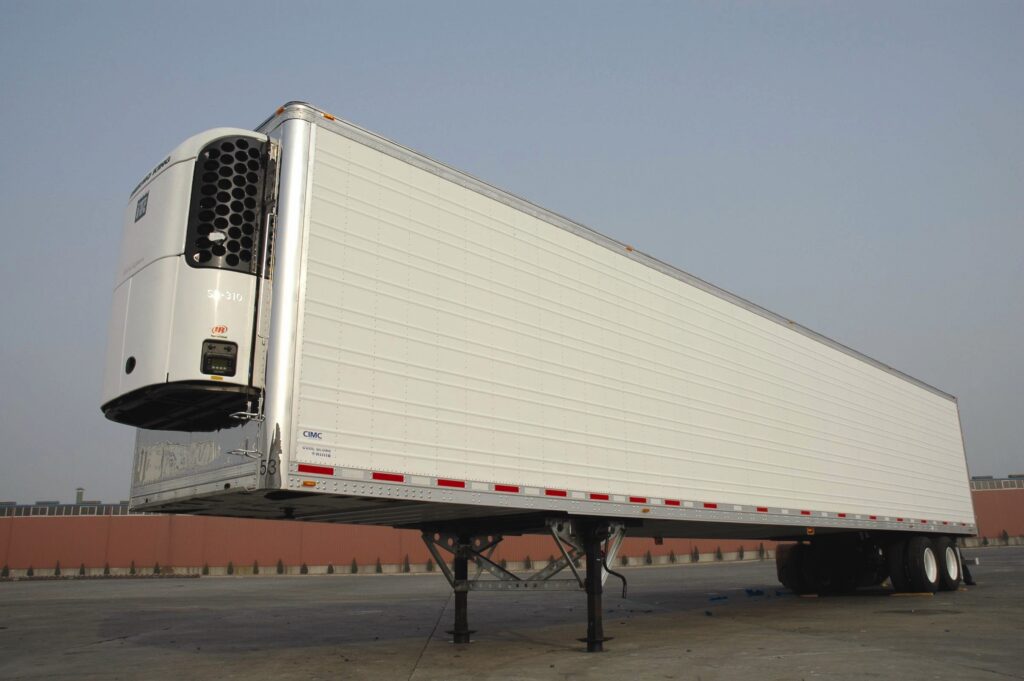As winter approaches, it’s crucial to ensure your logistics trailers—whether a dry van, reefer, live bottom, grain hopper, or dump trailer—are prepared for the colder, harsher conditions. At Transit Trailer, we understand how winter weather can affect the performance of your trailers. To keep your equipment in top condition and ensure safe operations during the winter months, here are essential winter maintenance and safety tips to follow.
- Regularly Check Tire Pressure
Cold temperatures can significantly reduce tire pressure, compromising your trailer’s safety and handling. Be sure to check the tire pressure regularly to avoid tire damage and ensure optimal traction. Under-inflated tires can cause increased wear and decrease fuel efficiency, so maintaining proper tire pressure is essential during winter driving. - Inspect and Clean Brakes
Winter conditions—like ice and snow—can place extra stress on your braking system. Regularly inspect your trailer’s brakes, including air or electric brake systems, for wear, leaks, or ice buildup. Clean off any road salt or dirt, as these can damage your braking components. Proper brake maintenance is vital to ensure reliable performance and safety in slippery conditions. - Lubricate Trailer Components
Moving parts such as hinges, landing gear, lift gates, and hydraulic systems can freeze or stiffen in cold weather, making them difficult to operate. Regular lubrication is key to ensuring smooth operation and preventing freezing. Use winter-grade lubricants for enhanced protection against the cold, keeping your trailer’s moving parts working efficiently. - Inspect the Electrical System
Cold temperatures and moisture can affect your trailer’s electrical system, leading to failures or malfunctions. Check all lights—brake, running, and turn signals—and ensure the wiring is intact and free of corrosion. It’s important to keep the battery charged and inspect cables for damage that could cause issues when starting your trailer in extreme cold. - Check Floor and Load Area
For dry vans, grain hoppers, and similar trailers, inspect the floor and load area for any cracks or damage that could allow cold air, moisture, or debris to affect your cargo. Ice buildup on the trailer floor can create slippery surfaces that pose risks during loading and unloading. Keeping your trailer clean and dry will ensure safer operations. - Maintain Your Refrigeration Unit (For Reefers)
Refrigerated trailers, or reefers, require special attention in winter. Ensure the refrigeration unit’s coolant levels are correct, and check for any damage from freezing temperatures. Keep the condenser and evaporator coils free from ice and snow buildup to maintain cooling efficiency and prevent costly breakdowns. - Monitor Live Bottom and Dump Trailers
For live bottom trailers, ensure the conveyor system is free from debris and ice buildup. Frozen materials in a dump trailer bed can prevent proper dumping functionality. Inspect the hydraulic systems for leaks or damage caused by freezing, as these can compromise trailer operation. - Inspect Seals and Gaskets
Cold temperatures can cause seals and gaskets to become brittle, leading to air or temperature leaks in dry vans and reefers. Check all door seals, windows, and gaskets regularly for damage. Replacing worn or cracked seals will help maintain insulation, reduce fuel consumption, and protect the integrity of your cargo. - Maintain and Clean the Trailer Frame
Salt, grime, and dirt from winter roads can cause rust and corrosion on your trailer frame. After each trip, clean your trailer thoroughly, especially the undercarriage. Pay close attention to areas where salt and debris tend to accumulate to prevent long-term damage and extend the lifespan of your trailer. - Ensure Adequate Traction
Driving in snowy or icy conditions requires extra attention to traction. Make sure your trailer has the necessary equipment, such as tire chains or socks, to prevent slipping in severe weather. Properly distributing the load inside your trailer is also essential for stability and traction on slippery roads.
Final Thoughts: Keep Your Trailer Safe and Reliable This Winter
Proper winter maintenance and safety precautions are critical to keeping your logistics trailers in peak condition during the colder months. By following these tips for dry vans, reefers, live bottom trailers, and other types of equipment, you can minimize downtime and prevent costly repairs. At Transit Trailer, we’re here to help with all your trailer service needs, from maintenance to winterizing. Contact us today for expert advice or to schedule a winter check-up for your trailers.








